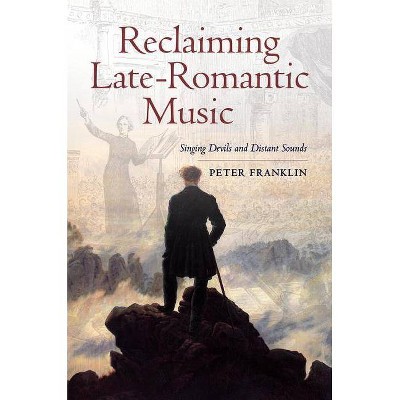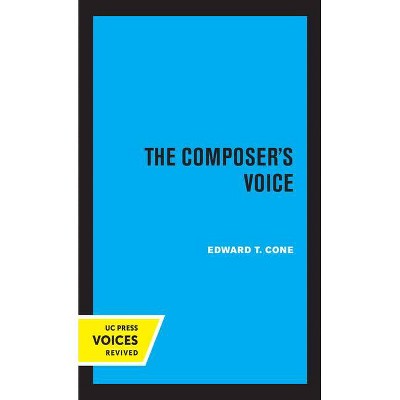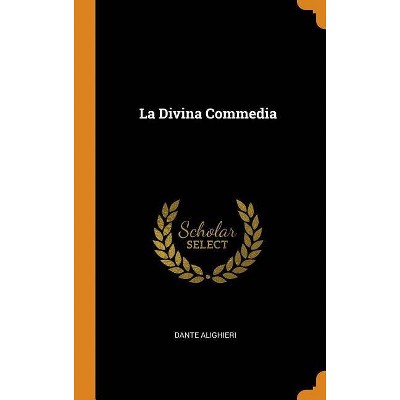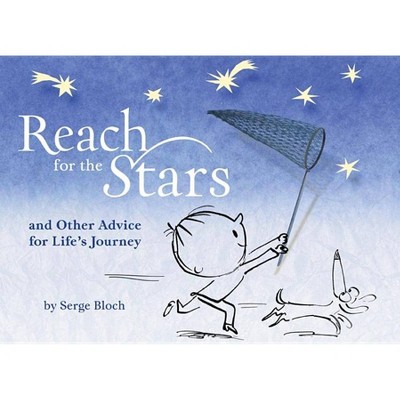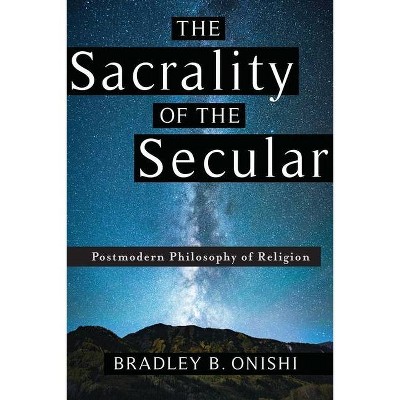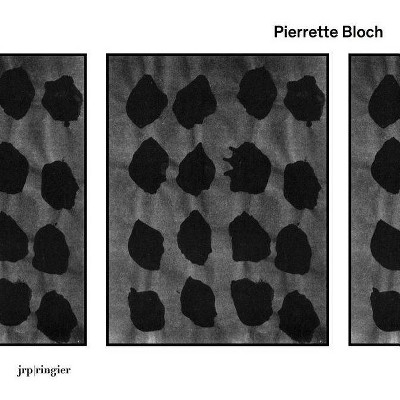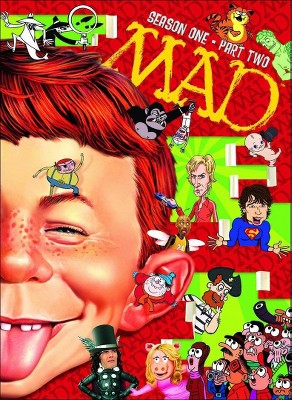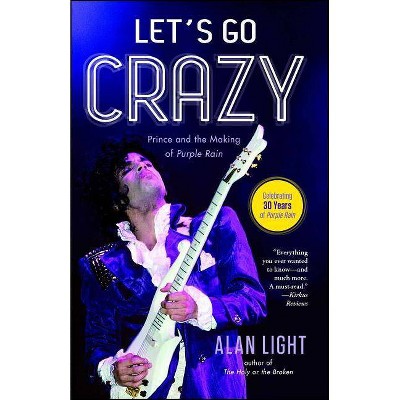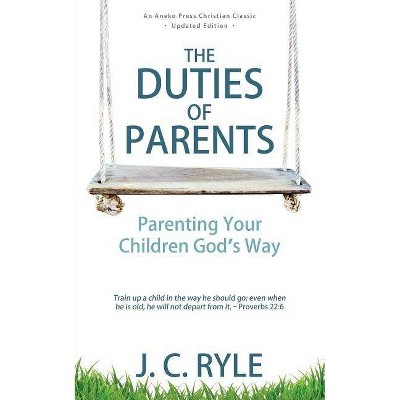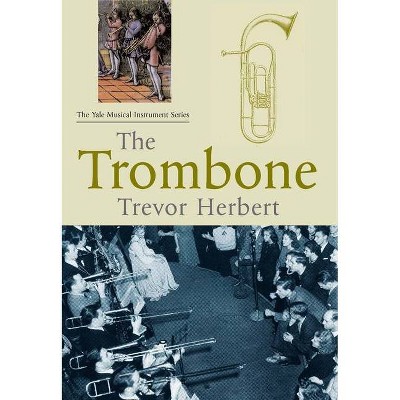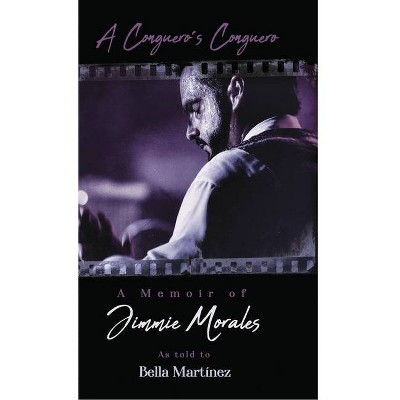The Secular Commedia, 15 - (Ernest Bloch Lectures) by Wye Jamison Allanbrook (Hardcover)
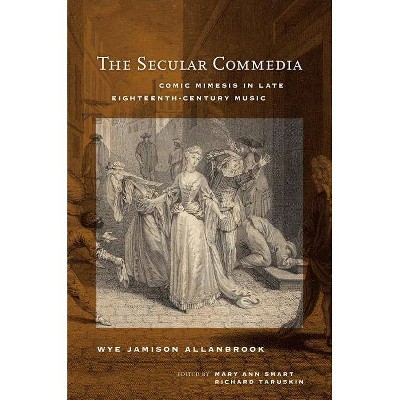
Similar Products
Products of same category from the store
Product info
<p/><br></br><p><b> Book Synopsis </b></p></br></br>Wye Jamison Allanbrook's <i>The Secular Commedia</i> is a stimulating and original rethinking of the music of the late eighteenth century. Hearing the symphonies and concertos of Haydn and Mozart with an ear tuned to operatic style, as their earliest listeners did, Allanbrook shows that this familiar music is built on a set of mimetic associations drawn from conventional modes of depicting character and emotion in opera buffa. Allanbrook mines a rich trove of writings by eighteenth-century philosophers and music theorists to show that vocal music was considered aesthetically superior to instrumental music and that listeners easily perceived the theatrical tropes that underpinned the style. Tracing Enlightenment notions of character and expression back to Greek and Latin writings about comedy and drama, she strips away preoccupations with symphonic form and teleology to reveal anew the kaleidoscopic variety and gestural vitality of the musical surface. In prose as graceful and nimble as the music she discusses, Allanbrook elucidates the idiom of this period for contemporary readers. With notes, musical examples, and a foreword by editors Mary Ann Smart and Richard Taruskin.<p/><br></br><p><b> From the Back Cover </b></p></br></br>"This book is rich, beautifully written, and comprehensive. It is both an expression of Wendy Allanbrook's lifework and a position statement on the meaning, importance, and proper approach to the music of Mozart, Haydn, and Beethoven. Kudos to Mary Ann Smart and Richard Taruskin for helping this book see the light of day." <br>Mary Hunter, author of <i>The Culture of Opera Buffa in Mozart's Vienna</i> <p/>"<i>The Secular Commedia</i> is a formidably informed pledge to the teeming surface of Classic music, to ethos as action, to mimesis as mainspring, and to the vernacular glories of the Western comic spirit. Ringing changes on centuries of cultural history, Allanbrook sounds the full resonant plenitude of her argument." <br>Scott Burnham, author of <i>Mozart's Grace</i> <p/>"<i>The Secular Commedia</i> offers a game-changing account of later eighteenth-century instrumental music. Focusing on topics--musical gestures packed with historical and stylistic meaning--Wye Jamison Allanbrook opens up entirely new perspectives on musical variation, performance, notions of voice and embodiment, and more. Her discussion of eighteenth-century aesthetics and pedagogy, as well as their classical antecedents, is equally original and provocative. This book has the potential to shift the very foundations of scholarship on Haydn and Mozart." <br>Richard Will, author of <i>The Characteristic Symphony in the Age of Haydn and Beethoven</i><p/><br></br><p><b> Review Quotes </b></p></br></br><br>"Consistently accessible, quick-witted and amusing . . . One must be grateful to Smart and Taruskin for asserting the virtues of scholarly community by taking up Wendy Allanbrook's unfinished opus and delivering it to the world."--W. Dean Sutcliffe "Early Music" (11/1/2015 12:00:00 AM)<br><p/><br></br><p><b> About the Author </b></p></br></br><b>Wye Jamison Allanbrook</b> was Professor of Music at the University of California, Berkeley, and author of <i>Rhythmic Gesture in Mozart</i>. <p/><b>Mary Ann Smart</b> is Professor of Music at the University of California, Berkeley, and author of <i>Mimomania: Music and Gesture in Nineteenth-Century Opera</i>. <p/><b>Richard Taruskin</b> is Professor of Music at the University of California, Berkeley, and author of many books on Russian and Western music, including the six-volume <i>Oxford History of Western Music</i>. <br>
Price History
Cheapest price in the interval: 60 on November 8, 2021
Most expensive price in the interval: 60 on December 20, 2021
Price Archive shows prices from various stores, lets you see history and find the cheapest. There is no actual sale on the website. For all support, inquiry and suggestion messagescommunication@pricearchive.us
